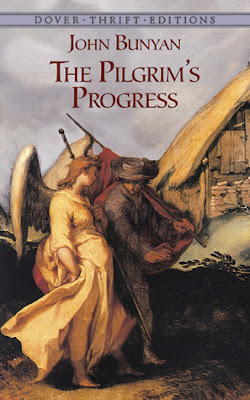Poem:
The
force that through the green fuse drives the flower
Drives
my green age; that blasts the roots of trees
Is
my destroyer.
And
I am dumb to tell the crooked rose
My
youth is bent by the same wintry fever.
The
force that drives the water through the rocks
Drives
my red blood; that dries the mouthing streams
Turns
mine to wax.
And
I am dumb to mouth unto my veins
How
at the mountain spring the same mouth sucks.
The
hand that whirls the water in the pool
Stirs
the quicksand; that ropes the blowing wind
Hauls
my shroud sail.
And
I am dumb to tell the hanging man
How
of my clay is made the hangman’s lime.
The
lips of time leech to the fountain head;
Love
drips and gathers, but the fallen blood
Shall
calm her sores.
And
I am dumb to tell a weather’s wind
How
time has ticked a heaven round the stars.
And
I am dumb to tell the lover’s tomb
How
at my sheet goes the same crooked worm.
Analysis:
At
first, he talks about the force. A force is of many types. He talks about the
force of young age.
First
of all, he talks about the force of nature. Nature has two kinds of forces. One
of them is the destructing force while the other is preserving force. When we
are young, nature has a destructing force on us. But again nature also
preserves us. When we are young, nature shows us the destructive side and we
become destructive. But when we are restricted by old ages or the level of our
energy goes down, our feelings dry up. We become more matured as a people. We
become calmer headed. We become cooler as a people. We are not that hot headed
anymore. That is the first stanza.
In
the second stanza, he talks about our sexual feelings. Sometimes, it goes very
up and sometimes, it goes very down. When it goes up, we feel like destroying
anything. But when it goes down, we become bones. Then it talks about the
different activities of our mouth. Our mouth does or plays many roles.
Sometimes, it eats. Sometimes it also does many other things.
In
the third stanza, he talks about our hands. Sometimes our hands do not do
anything. It is fixed in the water. But sometimes, we also do many things with
our hands. It means we can show our emotion through our hands. If we are
emotionally angry we can slap a person, but when we are calm, we can adore a
person with our hands. Our hands can show our strong feelings and our hands can
show our weak feelings. With our hands, we can also stop the whirl of sailing
or we can stop the boat from sailing. If there is heavy wind, we can anchor the
boat; we can stop the boat from moving swiftly. We can control the wind with
our hand. We can control the boat. If we can control the boat, we can also
control the wind.
Then
there is indication about hanging man and hang man. So, one person is hanging
another man. Hanging man is hanging the hang man. Both of them are human
beings. Both of them are made out of clays. They are playing different roles.
One person is killing another person. The hanging man is killing the hang man.
Both of them are human beings but both of them are playing different roles.
Then
he talks about love. A baby is produced out of the love between the parents.
When a mother is giving birth to a baby, she has a lot of pain. But when she
looks at the young child, she feels very happy. Her pains go away.
The
baby is born. He or she starts a new life. He becomes older and one day he
dies. Then he thinks of going to heaven or hell. He thinks about death. One day
the baby grows up, then the baby becomes an old person and he also dies. He
talks about the cycle of nature. It means that the baby is born and in another
place an old person dies. The baby is born in one place and an old person dies
in another place. It seems like cycle of life- balance of nature.
In
the last two lines, he talks about the lover’s tomb. Suppose we talk about the
grave yard. Inside the grave yard the lovers or the people being eaten by small
insects. They are destroying our body by eating our flesh and blood. By eating
our body, they are also preserving our body. It is the balance of nature.
Nature is also destroying us.




